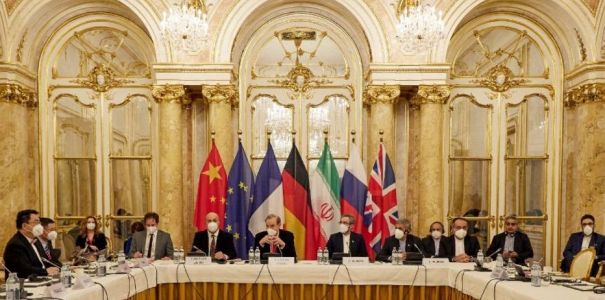
Western Powers are concerned that there are no explanations for uranium traces in Iranian facilities
-
Published: 13 September 2022

At its last meeting in June, the 35-nation Board of Governors of the International Atomic Energy Agency (IAEA) issued a resolution expressing its "deep concern" at the
continued lack of explanation for the existence of uranium effects due to Iran's inadequate cooperation, and called on Tehran to engage with the Agency "without delay."
Instead of passing a new resolution at this week's Board of Governors meeting, the four countries behind the June resolution, the United States, Britain, France and Germany, prepared a joint statement reaffirming support for that resolution in the hope that many others would sign it.
The decision, taken by the Board of Governors, bears the same importance as any formal decision taken by the Board of Governors, the IAEA's highest policymaker, and meets more than once a year.
Western powers say the unexplained issue of uranium particles has become an obstacle in broader talks to revive Iran's 2015 nuclear deal with world powers as Tehran now seeks to close the Agency's investigation into those negotiations.
Expressing their frustration, the European Powers stated that this threatened the talks to revive the agreement restricting Iran's nuclear activities in exchange for easing Western sanctions.
A French diplomatic source reported that Paris was in consultation with its partners to discuss how to deal with the current stalemate and prepare for the upcoming meeting of the Agency's Board of Governors in November.
"There are currently no active negotiations," the diplomat said, adding that Western powers have not yet desperated for a diplomatic solution.
